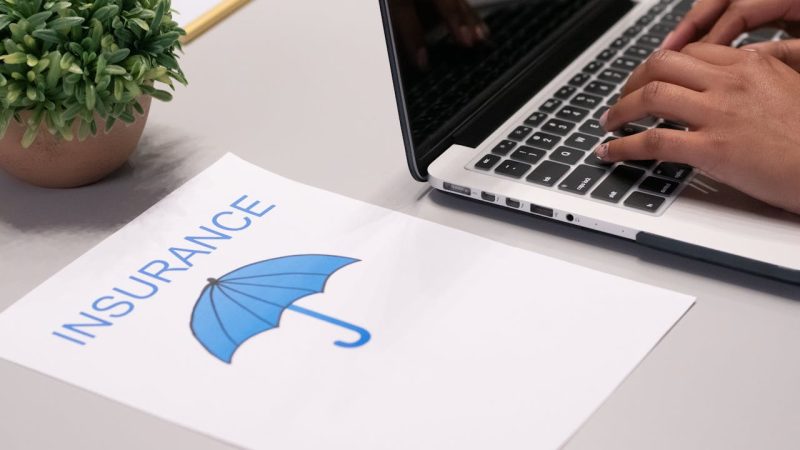3 Times You Don’t Have To Take the Financial Hit

Your financial situation will probably go up and down over the years. Sometimes you make more income because of the better choice of a job. Other times you end up getting hit with expenses that you didn’t expect. However, there are times you find that you suddenly owe money that you don’t necessarily have to be the person in charge of zeroing out that balance.
Think of a few examples. When a personal injury isn’t your fault, you shouldn’t have to pay the bills for it. When you’re discriminated against at work, you should not suffer financial consequences. And, when you get a divorce, you shouldn’t necessarily have to pay more than a certain amount depending on the context of the split. In all those cases, you need to understand how to navigate the financial realm to make sure you don’t have undue stress on yourself.
When a Personal Injury Isn’t Your Fault
If you have been injured and the harm is not your fault, why should you have to pay the expenses associated with that? Especially if an injury is because of someone else’s negligence, it makes even less sense that you would suffer financially. In those instances, you should contact a personal injury lawyer immediately and find out what your options are.
You can typically get a free consultation to find out what your appropriate actions should be, and how much the compensation for your type of situation usually involves. Some firms, like this Denver personal injury firm, don’t charge attorney fees unless they win your case, so could help you save costs there. The most important thing is to choose an attorney who knows the law around your particular accident, and who you feel you can trust.
When You’re Discriminated Against at Work
It is never legal to be discriminated against at work. However, sometimes, it can be challenging to figure out how to approach this topic. If you recognize workplace discrimination against yourself or one of your coworkers, there are things that you can do.
It’s essential that you realize that one of the primary consequences of workplace discrimination is a loss of income or a lack of financial opportunity. That in itself should be enough of a motivating factor for you to be assertive with what you believe are legal and appropriate behavior.
When You Get a Divorce
If you and your spouse have decided to get a divorce, then there will naturally be financial implications. However, you don’t always have to take as much of a financial hit as your partner wants to put on you. Depending on the context of the divorce, there are lots of details that lawyers should go over to find out who owes who what.
If there are children involved, there will be financial concerns regarding child support. If one adult makes significantly more or less money, that will also go into the decision. The most important thing to recognize is that just because someone comes up with a number that you owe, that doesn’t make it binding until it is legally binding.







